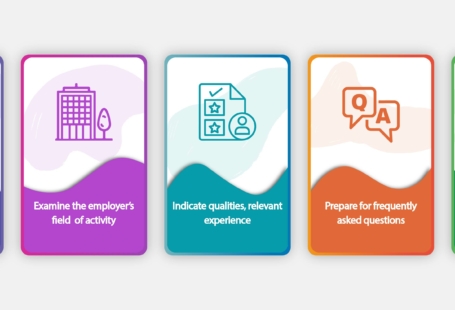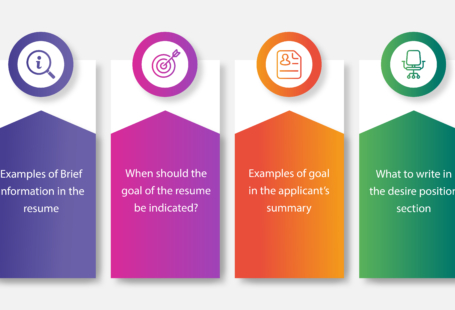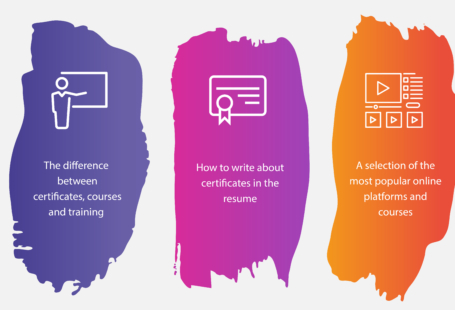For most applicants, the Education section is the easiest part of creating a resume. They simply write the name of the university and the date of graduation. Simple, right?
Actually, there are a few nuances:
- maybe you changed university three times
- perhaps you’re still working on your dissertation
- maybe you have an unfinished higher education course in your resume
- did you give up halfway through your master’s degree?
There may be other examples, but the key at this stage is to understand what is important in the Education section in terms of the job you are looking for. It’s on that basis that you should choose where and what to write about education on your resume.
In this article you will learn:
- What you need to write in Education?
- How to list details in Education (example)?
- What to put on your resume if you’re still studying?
- How you deal with incomplete education on your resume?
- How you write about education on an English resume?
What to write under Education? How to write education in a resume?
Hiring managers are looking for the following information in this section:
- University name
- Degree you have received
- Thesis
- Year of graduation
- Any associated awards, course papers, student activities and other achievements received during the course of study.
Of course, what data recruiters want varies depending on the job requirements. If you’re applying for an entry-level position, the hiring manager will want to make sure you have a college or university degree. A recruiter looking for a department director will require management training, such as an MBA.
While different jobs require different levels of detail, the Education section is often the shortest part of a resume. You should try to keep it within 15-30 words.
Tip: If you have more than one degree, make sure you provide information for each of them, starting with the last one and ending with the first (in reverse chronological order.)
Where to place the Education section?
The top third of the CV is reserved for your accomplishments most relevant to the job you are applying for. Before continuing, therefore, ask yourself: is your education your most significant achievement?
The answer in most cases will be “no”. Work experience is a more important requirement for any position above entry-level.
However, education, including incomplete tertiary education, takes priority in some specific cases.
- If you have just graduated from an educational institution and do not have relevant work experience.
Imagine you’re an employer, and the first thing you see on a resume for a junior marketer position is a summer job waiting tables at a local coffee shop. In this case, it is necessary to specify your relevant education and then follow up with experience, volunteering, certificates and so on.
Read more about how to write your first resume without experience here.
1.2. It is advisable to place Education before the Job section if you have recently returned to an educational institution in order to obtain a new degree corresponding to the desired job.
For example, if you have moved into the sustainable energy field after you have finished the respective programme, but your experience is primarily in the engineering field, you need your new education to be the first thing the hiring manager sees.
1.3. Getting a Master of Business Administration (MBA) degree is another time when you need to highlight your degree more than experience.
For example, you have been a line manager for several years but returned to training to obtain an MBA degree to attain a leadership position. The committee would like to first see your MBA certificate and then your experience as a line manager.
How to specify education? (example)
It is important to adapt your learning experience to the requirements of the job you are looking for. For example, a recent graduate may include more information about education and place this section at the top of the resume because it is a major part of his/her experience.
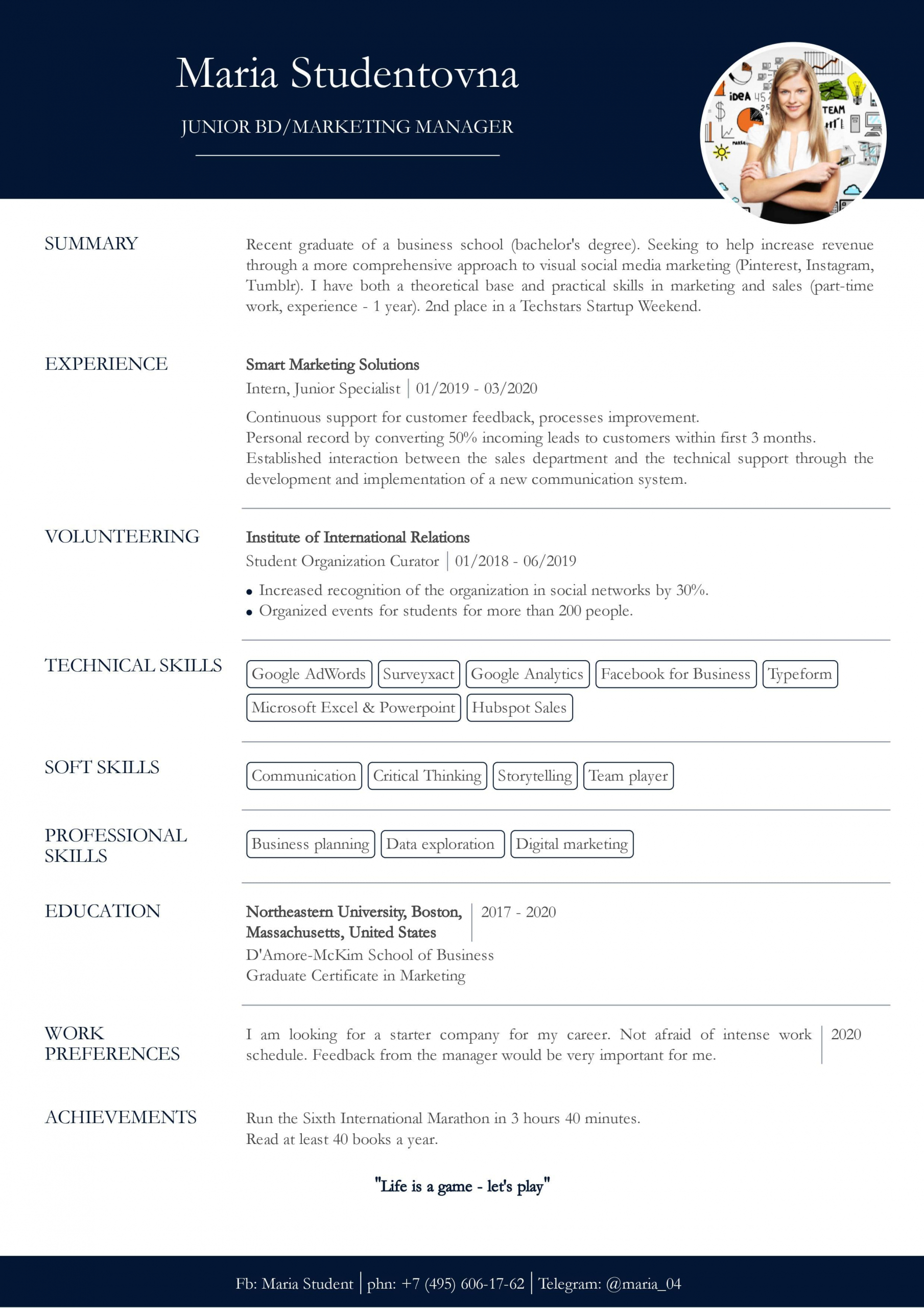
A person who has worked in recent years has an Education section below the professional experience and keeps it short (because recruiters are more interested in the work s/he did in the previous position).
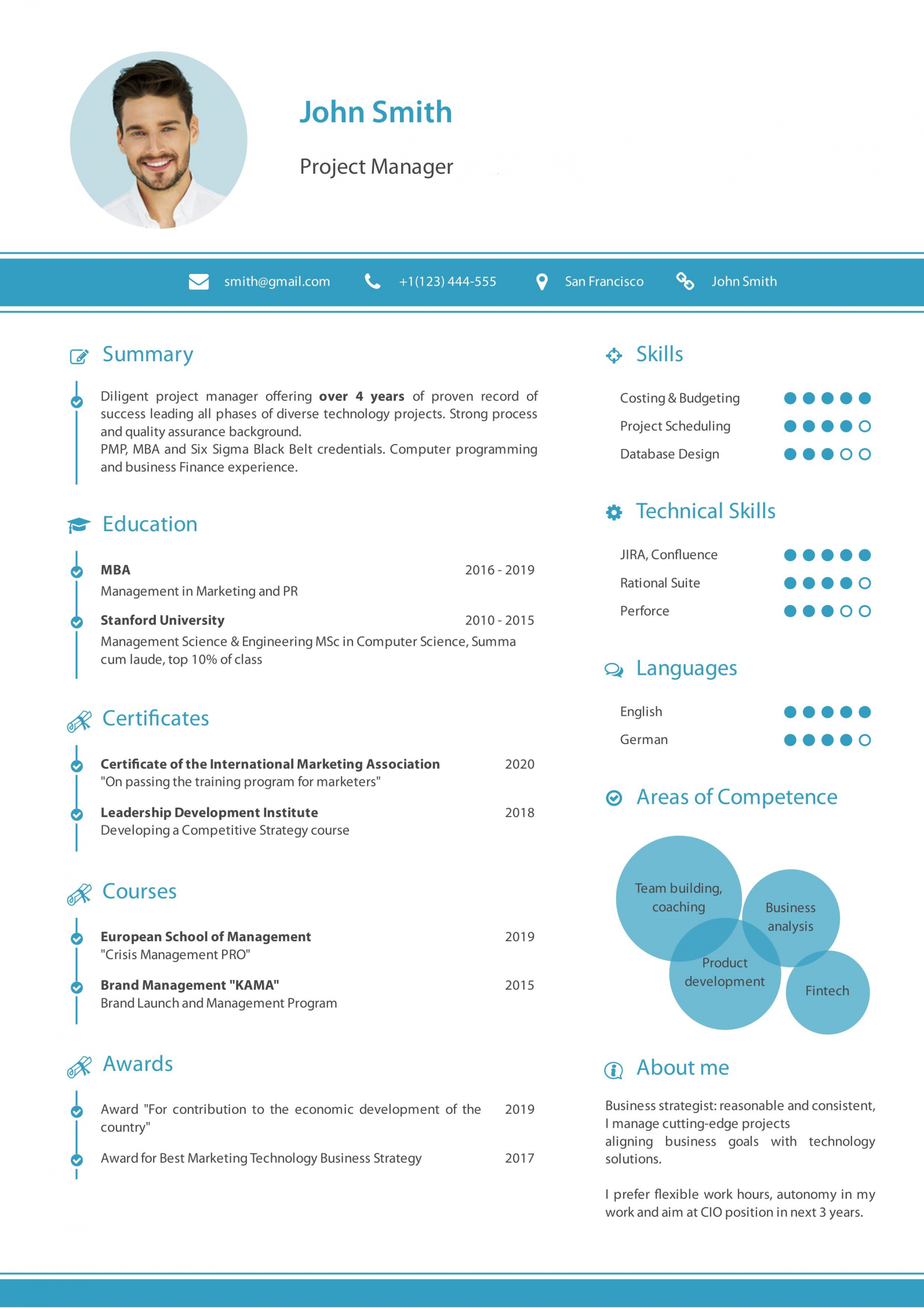
Education resume in English
There are about 200,000 universities in the world. The World University Rankings (QS World University Rankings) is a global study by the British consulting company Quacquarelli Symonds (QS).
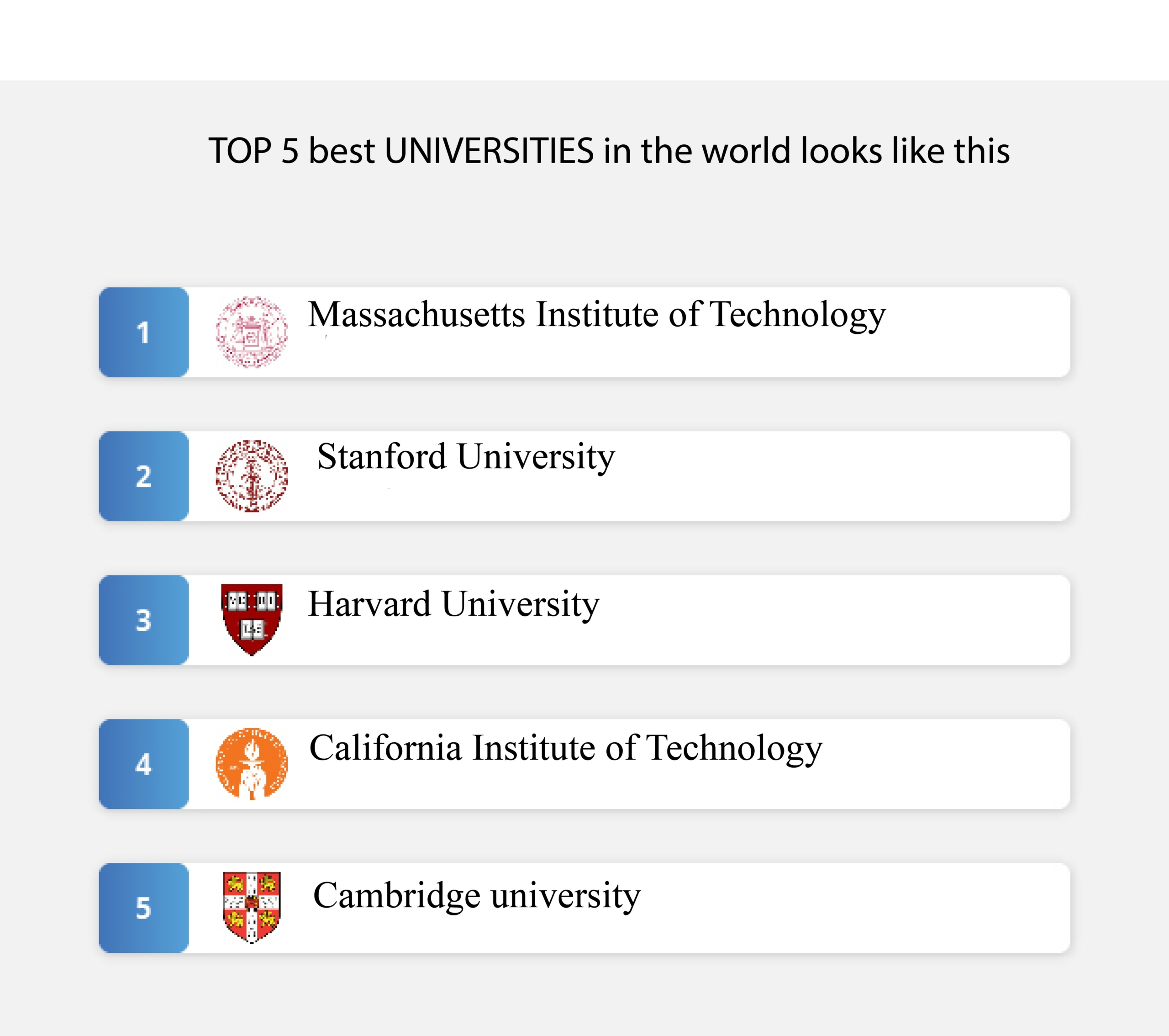
Of course, qualifications vary from country to country. Thus, in the West, there are three types of degree:
Bachelor’s Degree
Masters
Doctor of Science – Doctor of Philosophy (the last word does not necessarily imply philosophy; Doctor of Science can be any subject).
In the Commonwealth of Independent States (CIS), there are Bachelors and Masters, as well as specialists; graduates are awarded degrees of candidates and Doctor of Sciences.
In the United States, in addition to a Bachelor’s degree, a Master’s degree and a Doctor’s degree, you will encounter the following qualifications:
Associate Degree – two years of higher education
First-professional Degrees are professional degrees acquired over a period of 3-4 years in areas where a licence is required for the performance of a professional activity.
Various abbreviations are common in the West, such as:
| Area | Degree |
| chiropractic | D.C. (Doctor of Chiropractic) D.C.M. (Doctor of Chiropractic Medicine) |
| dentistry | D.D.S. (Doctor of Dental Surgery) D.M.D. (Doctor of Dental Medicine) |
| law | L.L.B. (Bachelor of Laws) J.D. (Juris Doctor) |
| medicine | M.D. (Doctor of Medicine) |
| occupational therapy | O. T. D. (Doctor of Occupational Therapy) |
| pharmacy | Pharm. D. (Doctor of Pharmacy) |
| theology | M. Div. (Master of Divinity) M.H.L.(Master of Hebrew Literature) B. D. (Bachelor of Divinity) |
| veterinary medicine | D.V.V. / V.M.D (Doctor of Veterinary Medicine) |
If you use abbreviations without any explanation, it might be difficult for a prospective employer to understand what you mean by:
How to list your education details in English? Example
2014—2017
The University of Edinburgh
Department of Computer facilities
Bachelor’s degree in Computer Science
How to write about undergraduate education on a student’s resume: useful phrases
| cum laude |
| related coursework |
| expected/anticipated graduation: April 2022 |
| pending Bachelor’s degree |
| Master’s degree in progress |
School and incomplete higher education in resume
If you graduated from a higher education institution or college, you do not need to mention your secondary education. But if you don’t have a diploma yet, and your school education contains experience that will help you find a job, mention it in your resume.
For example:
Tim Walsh
A-Levels (May / June 2018), Our Lady’s Grammar School, Warrington:
Physics (Grade A); Chemistry (Grade A); Biology (Grade A)
UK Young Scientist Award for Most Innovative Project, 2018
Developed leadership and communication skills as School Rugby Captain
Tip: According to the latest data, 78% of employers pay attention to specific skills and talents of the applicants. Candidates need to be stocked with references and projects that say more about success than grades or diplomas.
Example of Student Resume on CV2you Designer
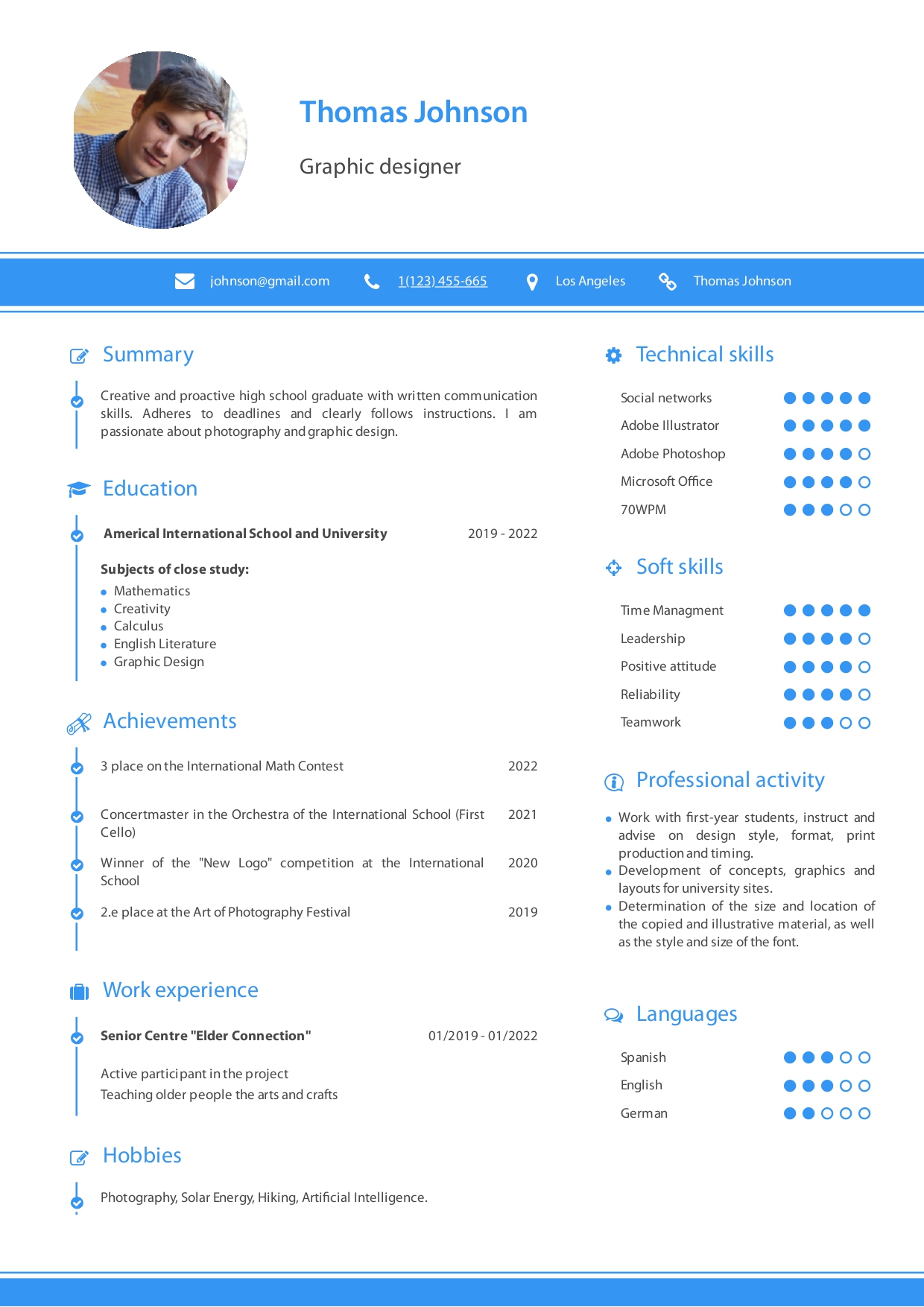
Special education in CV
Hiring managers who follow the modern practice of using a competency-based interview approach will evaluate both specific skills and personal qualities of the applicant, which are usually referred to as «general development».
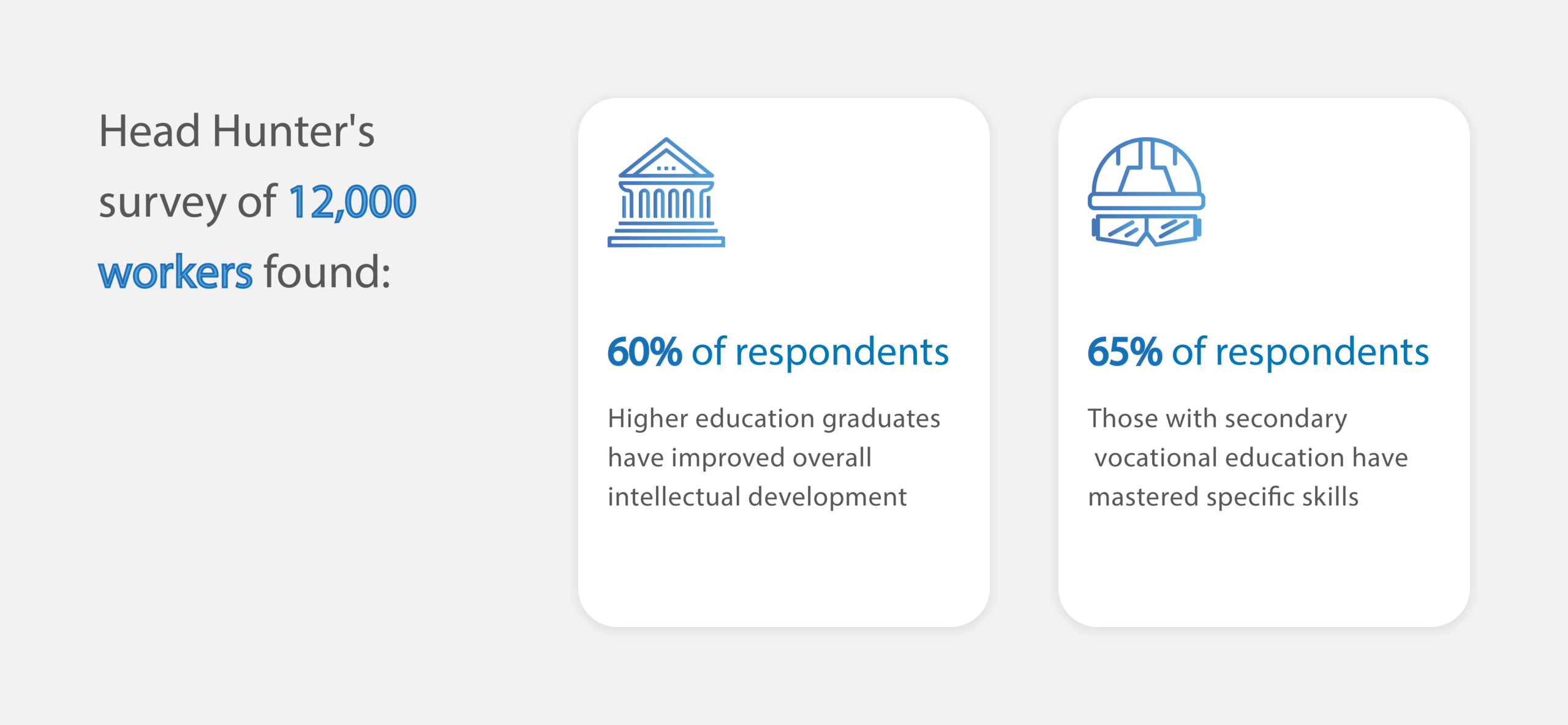
Conclusion: There are strong points for both holders of higher and specialised secondary education.
How do you write about incomplete education?
If you go to university but realise that you do not like studying and drop out, you can still put your incomplete education on your resume (provided that it is relevant and you plan to continue the same career path).
For example:
Interregional Academy of Personnel Management
2016-2019
Information technology faculty
Areas of study:
Computer science
Software engineering
How do you write about education if you’re still studying?
If you are still attending college/university, place the section «Education» above the section with work. Include the name of the school, year of admission, academic degree and expected year of graduation. You can also mention course work, extracurricular activities and other academic achievements relevant to the work.
Education in resume (example)
University of Leeds
School of English
Academic degree: Bachelor of Arts
Year of graduation 2022
Awards and distinctions
Winner of Best Individual Poem Category, West Yorkshire Literary Society
Best Original Essay Winner (‘Shakespeare and the Wheel of Fire’)
Professional Development
Editor of Leeds Student Magazine
President of Committee, Leeds Student Television
Note: some of these sections in Education are optional and listing all of them can make things look cluttered. It’s up to you to decide what is relevant to the job you are applying for. It is better to put some information in separate sections.
Read more in the article: Certificates, courses, training and awards in the resume.
Education in the Master’s Summary (example)
National University of Economics
Faculty of Banking and Finance
September 2017 to date
Academic degree: Master’s degree
Course papers on accounting systems, actuarial sciences, anti-money-laundering protocols
Extracurricular activities: Treasurer of the Association of Student Accountants
Additional education in the student’s resume
If you have much more information to add to your resume, consider creating subsections.
Professional development
Include professional development experiences such as courses or seminars. You can also mention here that you are a member of a professional organisation. If you hold a particular position in an organisation, name it.
Exchange programme
If, in student life, you have participated in exchange programmes, travelled or studied the language and culture of other countries, it is worth mentioning this provided that this experience is relevant to a potential position.
Conclusions:
- It is important to tailor your learning experience to suit the requirements of the job you are applying for: if you have little experience, highlight what you do have. Do not focus on education if you are an experienced candidate.
- Reverse chronological order is the correct format for listing educational institutions.
- Truth and employer value are key ingredients for success.
- Avoid the clutter of information, add educational blocks at the beginning or middle of the resume, depending on your knowledge and experience.
You can use CV2you’s ready-made template to structure the Education section of your resume. Edit blocks according to your circumstances and the job you are applying for.


